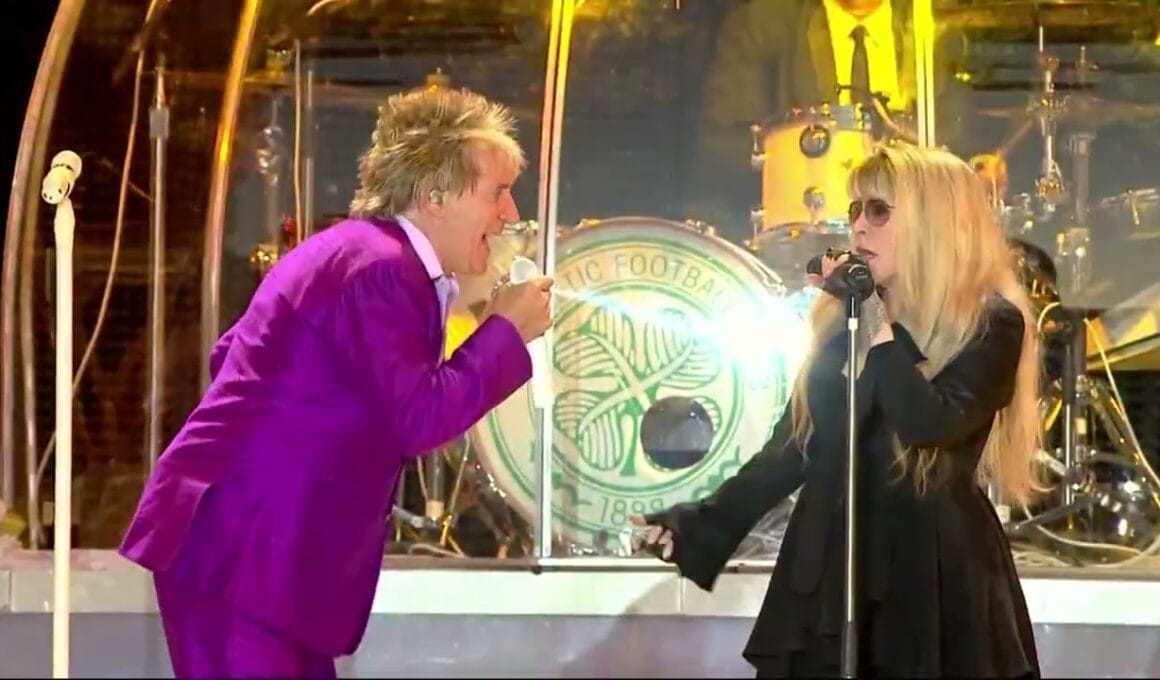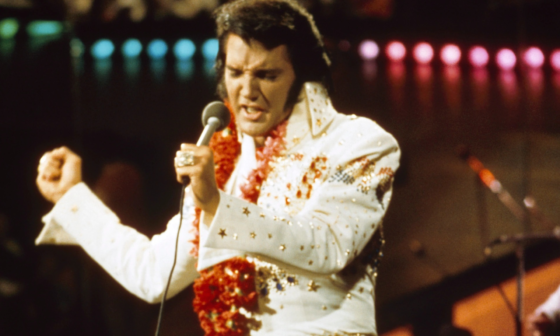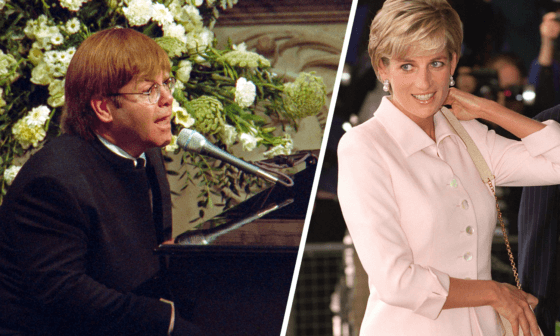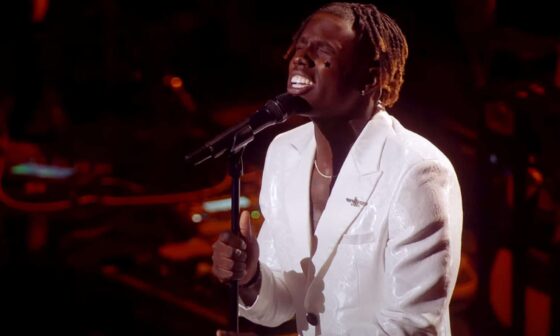When Rod Stewart and Stevie Nicks shared the stage, it was pure magic. Their voices intertwined effortlessly, creating a harmony that captivated every listener. The crowd held its breath, caught between awe and exhilaration, as the two legends transformed the night into an unforgettable moment. Every note was a perfect blend of grit and grace, nostalgia and raw emotion. By the final chord, the thunderous applause said it all—this duet was nothing short of perfection.
But behind the glamour of live performance lies an intriguing chapter in Stewart’s career: the 1981 single Young Turks, his bold attempt to recapture the rebellious spirit of his youth. In the swinging 1960s, Rod was part of the defiant mod generation, challenging the conventions of conservative England. Yet, by the mid-1970s, the musical establishment had claimed him, and a new wave of punk rock erupted—a movement rooted in the anger and frustration of youth, a response to economic downturns and social divides in the United Kingdom.
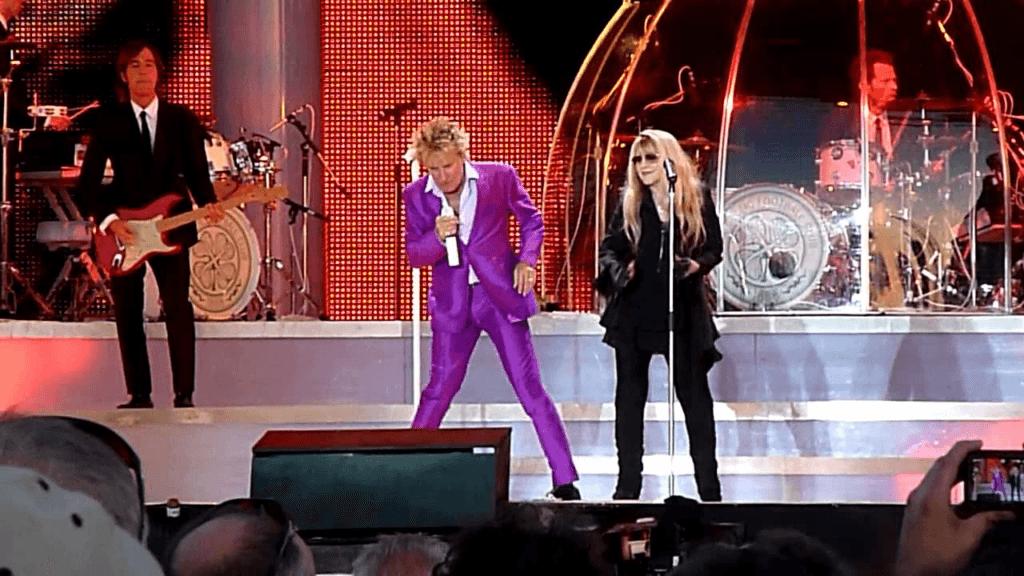
By 1981, Stewart sought to channel some of that punk energy into his work. As longtime collaborator Carmine Appice recalled, “Rod said, ‘I want something that’s a bit punky, a bit young and feverish.’” The result was Young Turks, built around keyboards, drum machines, and Appice’s precise hi-hats and cymbals. While the track bore little resemblance to the raw sounds of The Sex Pistols or The Clash, it reflected Stewart’s desire to embrace a modern, edgy feel while staying commercially viable.
Despite not being true punk, Young Turks resonated with audiences. It climbed to number five in the U.S. singles charts and 11 in the U.K., proving that Stewart could continue to thrive from the swinging sixties into the 1980s. Though some critics later dismissed it as derivative, there is no denying the song’s success—and the audacity of a seasoned rock icon daring to reinvent himself.
From Hyde Park duets with Stevie Nicks to experimenting with “punky” sounds in the studio, Stewart’s career has always balanced nostalgia with risk, blending experience with youthful ambition. Young Turks may not have been punk in its purest form, but it remains a testament to Stewart’s enduring drive to evolve—and to captivate audiences, onstage and off.
